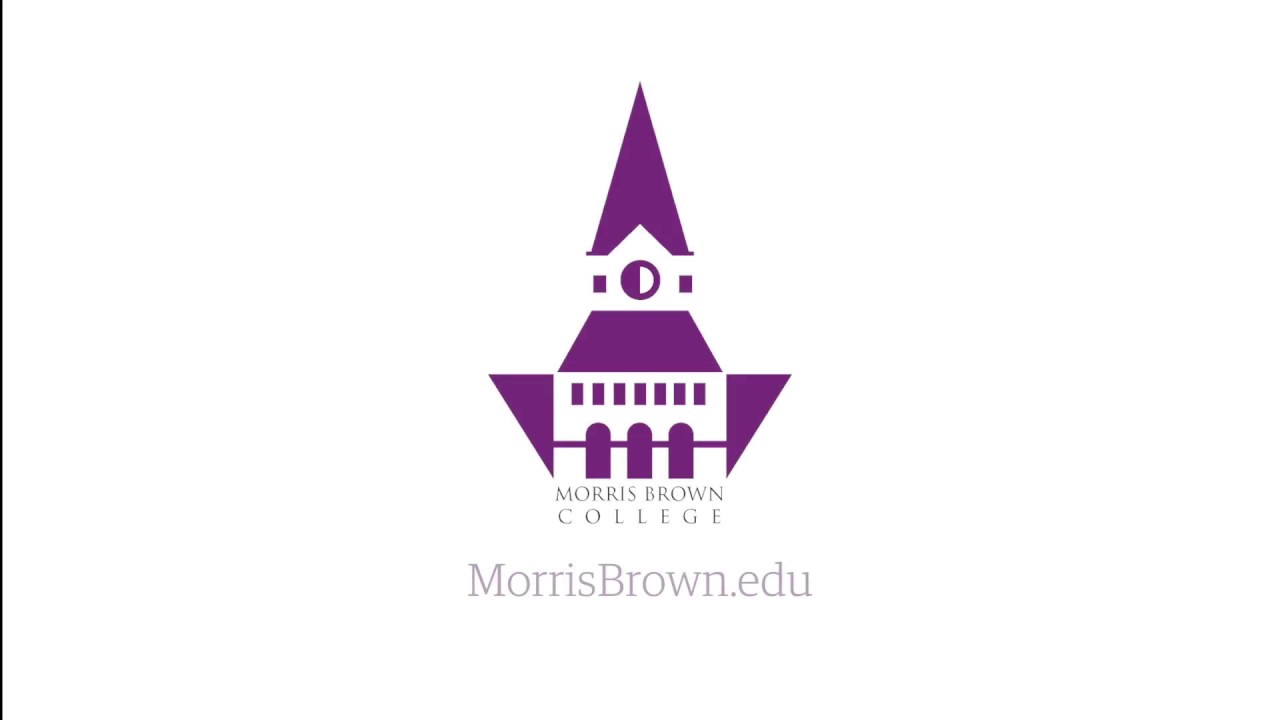Academics – Curriculum
The lower division embraces all work of the first two years that is designed to acquaint the student with those fields of human interest that influence present-day living. The lower division courses are a part of the General Education Program and together are referred to as the Core Curriculum. The lower division courses are designed
1. To prepare student for active participation in society as citizens
2. To furnish students with the background necessary for advanced study in selected subject matter areas of technical and professional specialization in accordance with their interest and aptitudes
The upper division courses are those that pertain to the student’s major program of study, including courses in the major and courses related to or supporting the major. The upper division courses allow students
1. To concentrate in selected fields of study important in the pre-service preparation of technical training and professions
2. To develop a knowledge base and skills required in certain professional fields
The initial digit of numbers assigned to courses indicates the year in which it is most desirable that the courses be taken. The curriculum of the lower division presents courses numbered from 100 to 299 and the curriculum of the upper division presents courses numbered from 300 to 499.
Thus, course with numbers between 100 and 199 should be taken in the first year, those between 200 and 299 in the second year, and courses with numbers between 300 and 499 should be taken during the third and fourth year.
Courses with number below 100 (e.g., 099) are considered “developmental” or basic skills” courses and are for institutional credit only; credit does not apply to hours required for graduation.
Courses with a single three-digit number are semester courses. These courses may be offered either the first semester or the second semester, or both semesters.
Courses with a hyphenated number (e.g. 101-102) are year-long courses that will count toward graduation only upon completion of the whole year’s work.
Courses with double numbers (e.g. 101, 102) are year courses that are so organized that either semester may count toward graduation without completing the whole year’s work.
The number in parentheses after the course title indicates the number of semester credit hours granted upon competition.
At Morris Brown College, a “major” is defined as a course of study in a knowledge field offered by an academic department and in which the student engages in advanced work in that field during the Junior and Senior years. A major requires a minimum of 66 semester credit hours earned in a single department or in closely related departments.
No credit will be granted in major courses for grades below “C.”
Each student should make formal application to a major program of study at the end of the student’s second semester, but no later than the fourth semester of matriculation. A “Declaration of Major” or “Change of Major” form must be filed with the Office of the Registrar and the appropriate academic department. Each academic department reserves the right to approve or decline the student’s application to major in that department based on the department’s program entry criteria.
Morris Brown College awards the Baccalaureate degree and Certificates.
Bachelor of Science (B.S.) or Bachelor of Arts (B.A.), in the following majors:
Bachelor of Arts (B.A.)
Certificate
